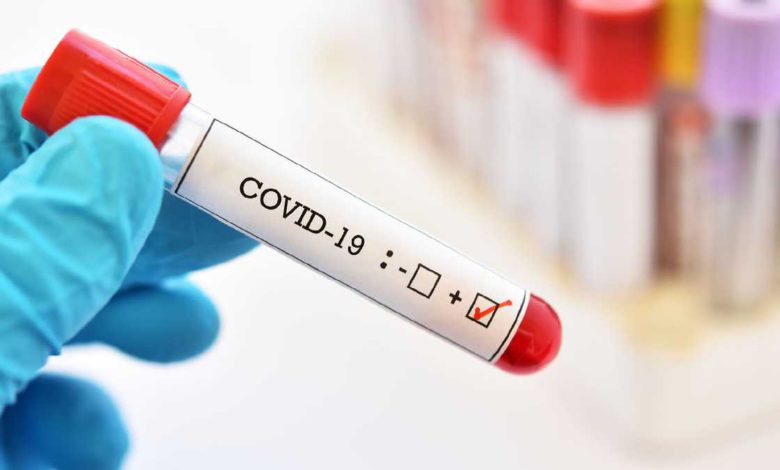

A COVID-19 variant that has reached every corner of the U.S. has now been named to the World Health Organization's watchlist as a "variant of interest."“It means that they’re watching it closely to see if it’s going to be one that causes more problems for people,” said University of Cincinnati College of Medicine Dr. Carl Fichtenbaum.Fichtenbaum led the Moderna studies at UC.The variant is known as mu, or B.1.621. It’s taking a place on the fight card against the delta variant which, for now, remains dominant.“It’s survival of the fittest. So, whichever one can outcompete the other virus. Which one can grow faster? Which one can be transmitted quicker, and which one is spreading to more people?” Fichtenbaum said.Mu was first detected in Columbia early this year.It has since been detected in every state, including Ohio, Kentucky and Indiana.The most troubling aspect of mu is that it has the hallmarks of a variant that could be resistant to vaccines.“Now you would think that’s a bad sign, and it could be, but so far it does not seem to be spreading very much,” said TriHealth Dr. Stephen Blatt.Blatt said research has not clearly established whether or not the mu variant is vaccine-resistant.“The mu variant has been found in almost every state in the us, but only one percent or less of all the variants,” Blatt said.So, indicators are also that mu might not be as contagious.Researchers are watching to see if mu is able to quickly double its cases like delta did when becoming the dominant variant.“My suspicion is, it’s probably not going to be a variant of great of concern because delta has a strong foothold, but time will tell,” Fichtenbaum said.
A COVID-19 variant that has reached every corner of the U.S. has now been named to the World Health Organization's watchlist as a "variant of interest."
“It means that they’re watching it closely to see if it’s going to be one that causes more problems for people,” said University of Cincinnati College of Medicine Dr. Carl Fichtenbaum.
Fichtenbaum led the Moderna studies at UC.
The variant is known as mu, or B.1.621. It’s taking a place on the fight card against the delta variant which, for now, remains dominant.
“It’s survival of the fittest. So, whichever one can outcompete the other virus. Which one can grow faster? Which one can be transmitted quicker, and which one is spreading to more people?” Fichtenbaum said.
Mu was first detected in Columbia early this year.
It has since been detected in every state, including Ohio, Kentucky and Indiana.
The most troubling aspect of mu is that it has the hallmarks of a variant that could be resistant to vaccines.
“Now you would think that’s a bad sign, and it could be, but so far it does not seem to be spreading very much,” said TriHealth Dr. Stephen Blatt.
Blatt said research has not clearly established whether or not the mu variant is vaccine-resistant.
“The mu variant has been found in almost every state in the us, but only one percent or less of all the variants,” Blatt said.
So, indicators are also that mu might not be as contagious.
Researchers are watching to see if mu is able to quickly double its cases like delta did when becoming the dominant variant.
“My suspicion is, it’s probably not going to be a variant of great of concern because delta has a strong foothold, but time will tell,” Fichtenbaum said.
Source link







